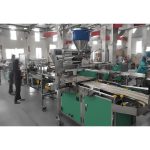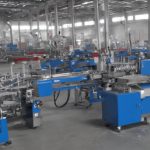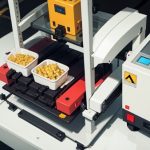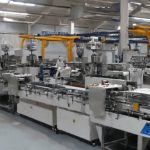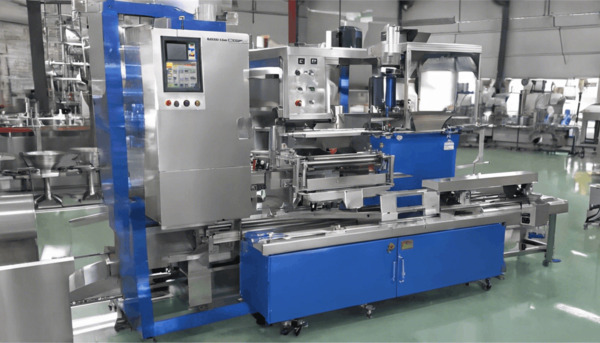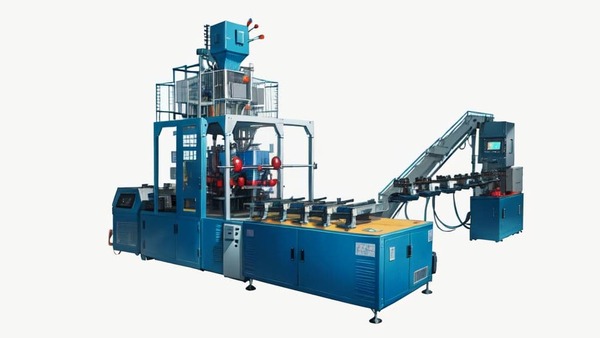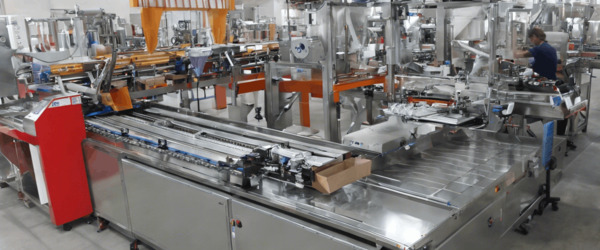
Understanding Automatic Packing Machines
Automatic packing machines are essential components in modern manufacturing and production lines. They are designed to automate the process of packaging products, which can include a wide range of items from food and beverages to pharmaceuticals and consumer goods. The primary function of these machines is to improve efficiency, accuracy, and speed in the packaging process, thereby reducing labor costs and minimizing human error.
1. **Filling Machines**
Filling machines are used to fill containers with a specific amount of product. These machines are highly versatile and can handle liquids, powders, granules, and even viscous products. They are commonly used in the food and beverage industry, as well as in pharmaceuticals and cosmetics.
2. **Sealing Machines**
Sealing machines are designed to seal packages to protect the contents from contamination and extend shelf life. These machines can work with various materials, including plastic, foil, and paper. They are essential in industries where product freshness and safety are paramount.
3. **Wrapping Machines**
Wrapping machines are used to wrap products in protective materials such as plastic film or paper. This type of packaging is common in the food industry, where it helps to maintain hygiene and prevent spoilage. Wrapping machines can also be used for bundling multiple items together.
4. **Labeling Machines**
Labeling machines apply labels to packages, providing essential information such as product name, ingredients, and expiration date. These machines are crucial for compliance with industry regulations and for ensuring that consumers have access to important product information.
5. **Cartoning Machines**
Cartoning machines are used to erect, fill, and close cartons. These machines are widely used in the food, pharmaceutical, and consumer goods industries. They help streamline the packaging process and ensure that products are securely packaged for transport and sale.
1. **Increased Efficiency**
Automatic packing machines significantly increase the speed of the packaging process, allowing manufacturers to produce more products in less time. This efficiency is crucial in meeting high demand and maintaining competitive pricing.
2. **Consistency and Accuracy**
These machines ensure consistent and accurate packaging, reducing the likelihood of errors that can occur with manual packaging. This consistency is vital for maintaining product quality and customer satisfaction.
3. **Cost Savings**
By automating the packaging process, companies can reduce labor costs and minimize waste. The initial investment in automatic packing machines can be offset by the long-term savings they provide.
4. **Improved Safety and Hygiene**
Automatic packing machines reduce the need for human contact with products, enhancing safety and hygiene. This is particularly important in industries such as food and pharmaceuticals, where contamination can have serious consequences.
1. **Initial Investment**
The cost of purchasing and installing automatic packing machines can be significant. Companies must weigh this initial investment against the potential long-term savings and efficiency gains.
2. **Maintenance and Downtime**
Regular maintenance is essential to keep these machines running smoothly. Downtime for repairs or maintenance can disrupt production schedules and impact profitability.
3. **Training and Skilled Labor**
Operators and maintenance personnel need to be trained to use and maintain automatic packing machines effectively. This requirement can add to the overall cost and complexity of implementing these systems.
Conclusion
Automatic packing machines play a crucial role in modern manufacturing, offering numerous benefits in terms of efficiency, accuracy, and cost savings. While there are challenges associated with their implementation, the advantages they provide often outweigh these concerns. As technology continues to advance, automatic packing machines will likely become even more sophisticated, further enhancing their value to manufacturers across various industries.
